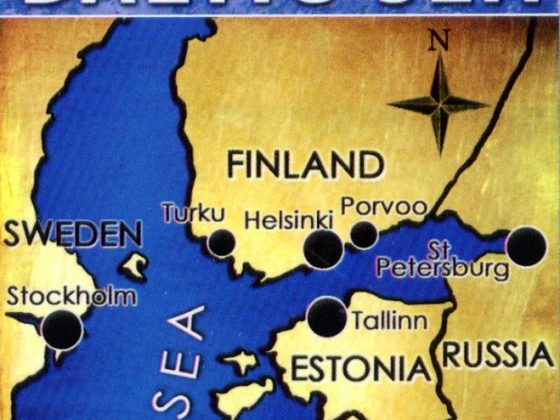One of the most visible aspects of Russia’s path to globalization is the country’s hosting of large international sporting events. In July 2013, Kazan hosted the World Student Games (the Universiade). In February 2014, Sochi will host the Winter Olympics. A dozen Russian cities are preparing for the 2018 World Cup. We can add to the list the 2016 Ice Hockey World Championship in Moscow and St. Petersburg, as well as a Formula One race, World Aquatics Championship, and other tournaments.
All these global mega-events may be seen as islands of “glocalization,” a product of an expanding international market for promoting regional and urban brands and Russia’s search for greater legitimation of its international standing. The ways in which these high-profile championships are discussed extend far beyond sport to include an array of social and political issues. Most of these come down to the Kremlin’s (mis-) management of huge international fora and their effects on different sectors of the economy, society, and administrative apparatus.
In this memo, I analyze the experience of hosting and preparing for sports mega-events to illuminate certain mechanisms of power and sources of ideological indoctrination in today’s Russia. I focus on lessons from the recent Universiade in Kazan and on the forthcoming Winter Olympic Games in Sochi. […]
The Politics of Sports Mega-Events in Russia: Kazan, Sochi, and Beyond
PONARS Eurasia Policy Memo No. 288
By Andrey Makarychev









